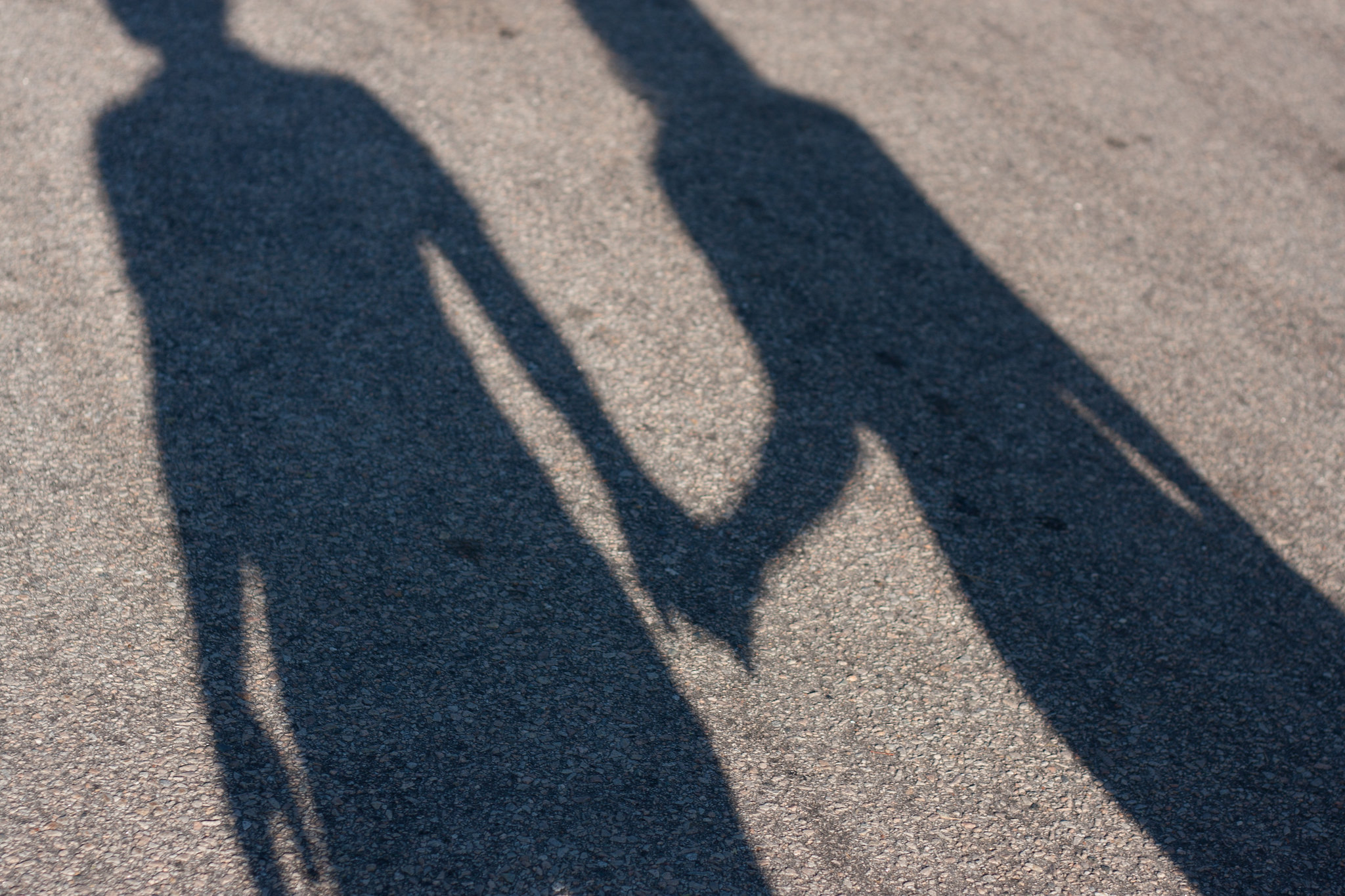Every kiss that was ever kissed—
every smile, every baby’s delight,
a first step, a face that hides
and comes back, a belly laugh—
every morning of gladness,
gladness, that selfsame word we
know because we’ve felt it,
every today, every yesterday
for a hundred years, a thousand,
ten thousand years
in languages now
no one speaks—
every grace, every kindness,
every head that bends down
close to another to listen,
every unchronicled act
of bodies helping bodies
so long gone we cannot
even begin to count
the occasions—
every one is framed
by great suffering,
by deceit, by threat,
by death.
No open plain
of justness,
of rightness; no guarantee
of tomorrow.
But still your lips upon
my lips,
your hand on the small of my back,
my neck, my cheek—
just so, outside
of language, in every
language, across every inch
of time and space:
joy, beauty, thanks—
on the long path
through the meadows
where the forests burned,
through the grasslands,
the stands of evergreens,
the dark woods,
through cities, abandoned lots,
old minefields,
oil fields, we make
our journey. On and on we go,
again stumbling into love.
Image: “Couple” by Trevor Hurlbut, licensed under CC 2.0.
Nadia Colburn:
I wrote “Into Love” in the middle of the pandemic.
I was very aware that the pandemic was affecting different people and communities differently. Some people could easily work from home; some were essential workers without childcare; some lost their jobs and didn’t have enough to eat.
Within my own family, my husband and I were responding differently: I was used to working from home and happy to have my family home with me, but my husband was finding it much harder.
One day, he said, “I just want this all to be over.” On the one hand, I knew what he meant and sympathized, but on the other, I really revolted against his saying that. I guess I’m getting to that age at which every moment feels like a miracle and gift.
There is never any time in our collective history or in our individual histories in which we have a clear open plain of ease; we’re always navigating some challenge, some difficulty. There’s always suffering around us. I wrote a poem—“Into Love”— later that night, partly as a rebuttal to my husband, partly as a love poem to him.
In 1939, in his great poem “Musee Des Beaux Arts,” W. H. Auden wrote:
About suffering they were never wrong,
The old Masters: how well they understood
Its human position: how it takes place
While someone else is eating or opening a window or just walking dully along;
Happiness and suffering always take place side by side.
Writing in 1939, Auden knew all too well that World War Two was around the corner—he’d spent time in Spain during the Spanish Civil War and had been charting the rise of fascism. An acceptance of this duality of the human experience is not a place of apolitical resignation, but rather a place of realistic hope; whatever is happening, we can also choose to see and support the good.
Now, a few months after I wrote the poem, the pandemic is still out of control. And in the midst of this crisis, we’re facing other important areas of reckoning: a movement against police brutality and white supremacy; the growing threats of climate change; and a national election where the basic foundations of democracy are at stake.
As a survivor of childhood trauma and a Jew, I understand viscerally that people can do brutal things to one another on the individual and also the global levels. But I also believe that the human spirit and love are persistent.
I’m thinking now of Zadie Smith’s essay “On Optimism and Despair,” an essay she delivered in a speech in Germany just after Trump’s election:
“Progress is never permanent, will always be threatened, must be redoubled, restated and reimagined if it is to survive…. People who believe in fundamental and irreversible changes in human nature are themselves ahistorical and naive. If novelists know anything it’s that individual citizens are internally plural: they have within them the full range of behavioral possibilities.”
My hope is that my poem speaks of this plurality and, with its repetition and rhythm, can help us move through difficult times to more light—and love.
Nadia Colburn is the author of the book The High Shelf. Her poetry and prose appear in The New Yorker, American Poetry Review, The Kenyon Review, Lion's Roar, and elsewhere. She’s the founder of Align Your Story Writing School and lives in Cambridge, MA with her husband and two children. See more and get free meditations and resources for writers at https://nadiacolburn.com.
Latest posts by Nadia Colburn
(see all)


